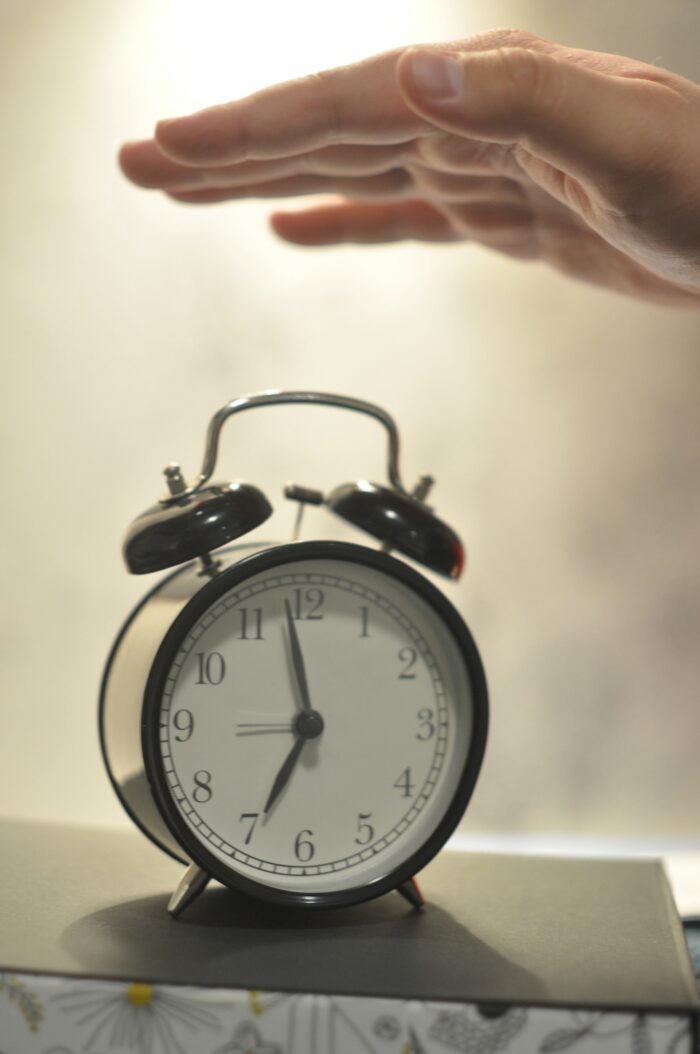For night owls, a poor night’s sleep does not simply leave you feeling tired the next day. It can cause major damage to your productivity, concentration, and your well being.
Sleeplessness has been found to impair memory and learning, harm the immune system, contribute to cancer, obesity, even mood and mental disorders, and can cause premature death. In fact, the federal Centers for Disease Control in the United States calls sleeplessness a public health concern.

Photo by Maks Styazhkin on Unsplash.
New developments in sleep technology
As the quest for a restful night becomes more fervent, companies, universities, and governments now place a higher emphasis on research surrounding sleeplessness. New sleep related technologies are emerging, all designed to help individuals feel less tired, more productive, and happier overall.
Australian entrepreneur Ben Olsen has developed a set of goggles that shines lights to reset your body’s internal clock. Now, he is working on a device that startles you awake every three minutes right before bed. The use of periodic disruptions have been proven to cure nightly disruptions.
In M.I.T.’s Media lab, David Rose is performing research on weighted blankets, hammocks and bedtime stories. These items create an ideal environment to help people get a better night sleep.
Finally, Matthew P. Walker, from the University of California, is analyzing sleep data and using direct current stimulation to cure sleeplessness in aging brains. This is all in an effort to, as Walker puts it, “…reunite humanity with the sleep it is so bereft of.”
How corporations are battling sleeplessness
Sleep, or lack thereof, has also become a concern for employers. Rather than fighting absenteeism, companies are working to reduce “presenteeism”. Presenteeism occurs when employees are unable to think clearly, appear sluggish, and have sub-optimal job performance.
In order to combat this, employers are investing in programs, coaches, and fairs designed to increase productivity through reducing fatigue. Attendees at these programs have the opportunity to listen to experts discuss sleep, learn skills like how to make a bed, and receive free sleep assisting products like analog alarm clocks. These training programs are all designed to help employees achieve the good night’s rest they currently lack.
Tags: sleep, workCategorised in: Uncategorized
This post was written by Rebecca Vermette
